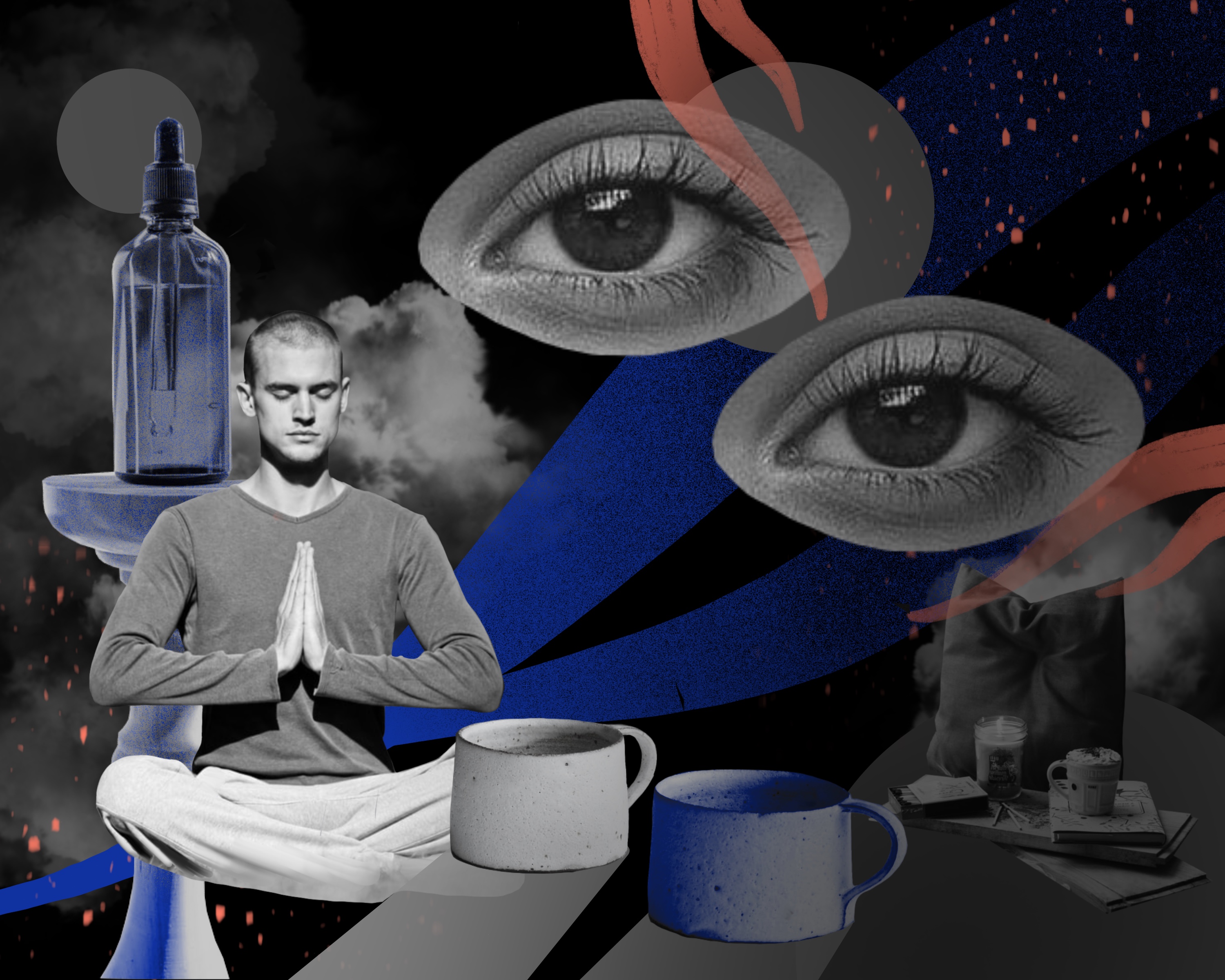This series of lectures and talks is in response to the growing interest in emotional intelligence and the culture of self-help, which are based on a desire for personal growth, self-improvement and improvement in these areas.
The name School of Emotional Health is ironic, since it makes no claim to teach anything or dictate new behavioural norms. It explores the infiltration of psychology into everyday life, the “psychologization” of global political rhetoric, the language of public and private organizations, as well as of the media. We want to explore the sources of interest in practices of mindfulness and emotional intelligence and how they seep into our ideas about love, family, friendship, and social morals.
The first part of the programme deals with both the psychological and socio-cultural background of the trend towards emotional intelligence and emotion management. The second part comprises a series of lectures on emotional health, affective work, the role of emotions in public life and gender aspects of emotionality. In the third block, we address emotions and gender roles, including stereotypes about male and female emotional patterns and their transformation in the context of gender fluidity. The fourth part of the programme focuses on the topic of emotions in the public sphere. It will examine how journalists, bloggers and other influentials have appropriated psychological language for their rhetoric.
The School of Emotional Health was partly conceived as an aid to understanding the artistic programme of the Santa Barbara season. Its protagonist, the Icelandic artist Ragnar Kjartansson, considers one of the key functions of art to be its complex and intense emotional impact on the viewer. That is why awareness of the nuances associated with the world of emotions, affects and unconscious impulses, will help to better understand the artist’s intention and make the experience of art more vivid.

During the pandemic, many of us have had an opportunity to experience more intensely emotions and psychological states usually suppressed in everyday life. Many people turned to self-help practices, and the wellness industry responded with a burst of activity. Few people doubt the fact that taking care of mental health (your own and that of your loved ones) is an important and urgent matter. However, this “therapeutic” turn does not occur in vacuum. The trend towards “emotional literacy” was shaped under the influence of a number of ideological factors. The goal of this programme is to consider and analyze them.